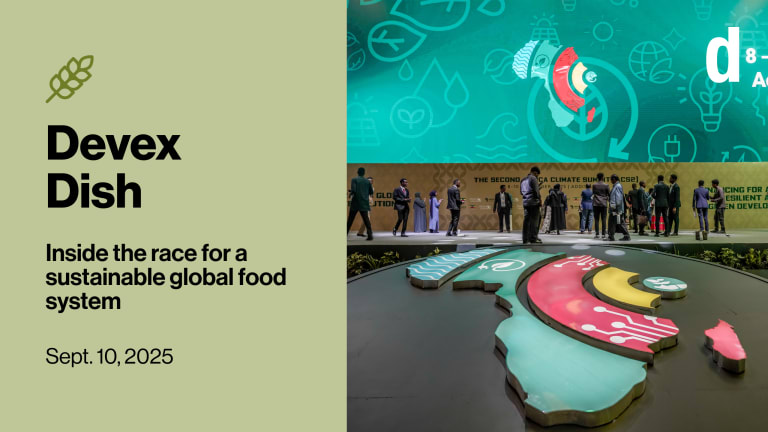The European Green Deal is the flagship policy from the European Commission under President Ursula von der Leyen, aiming to achieve net-zero greenhouse gas emissions by 2050. It is an ambitious plan for Europe to be a more resource-efficient, competitive economy. The European Parliament approved the European Climate Law in May, giving a boost to the ambitions of the European Green Deal.
Yet Europe alone cannot deliver on the deal. In seeking to ensure the continent is climate-neutral, it must work with global partners.
The European Green Deal is a global one that needs Africa to make it work. The text of the deal says drivers of climate change and biodiversity loss are international and not limited by country borders. Von der Leyen and Werner Hoyer, president at the European Investment Bank, said in March that action beyond European borders is necessary. They jointly called for a “Global Green Deal” to ensure the increase in Earth’s temperature is as close to 1.5 degrees Celsius as possible.








